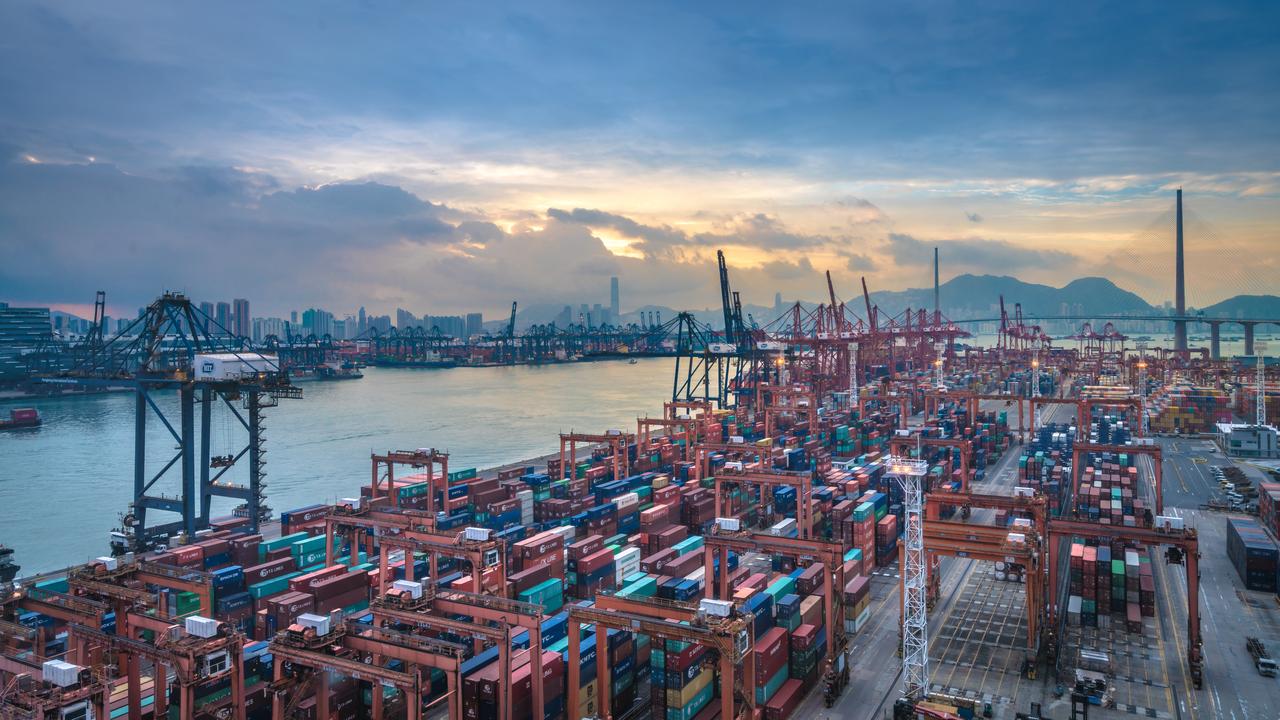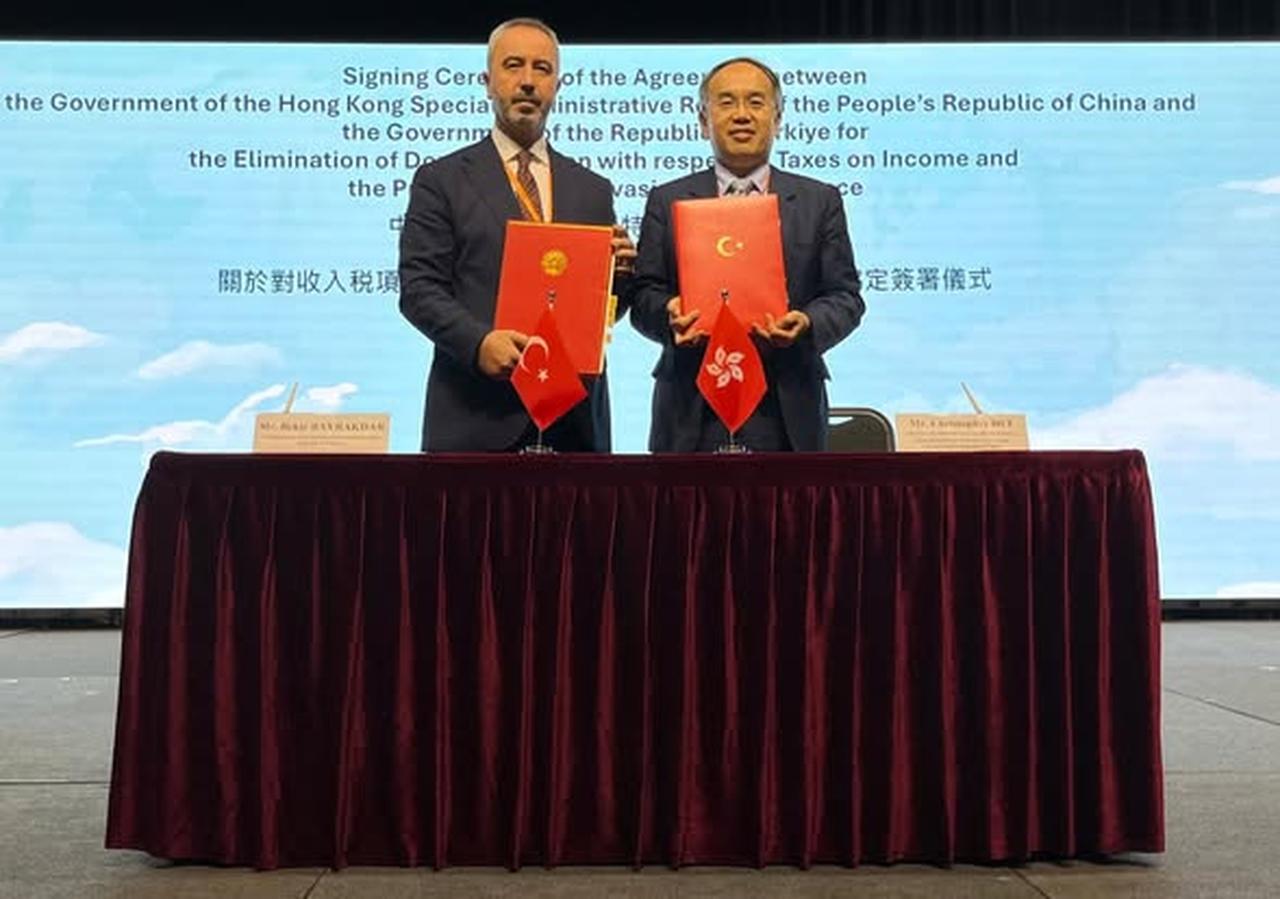
Hong Kong calls on Turkish businesses to expand into Asia through its globally connected financial center, according to Alpha Lau, director-general of investment promotion at InvestHK—the Hong Kong government’s agency responsible for attracting and supporting foreign investment.
“You can use Hong Kong as a bridge to grow your business across Asia,” Lau said during an interview with business-focused dunya.com, stressing that despite being part of China, the city maintains its own currency and independent legal system. “We’re here to support companies as they scale up.”
Lau pointed to Hong Kong’s openness, financial infrastructure, and investor-friendly policies as key advantages for Turkish companies, particularly those in technology and innovation-driven sectors.

Lau’s remarks follow the signing of a comprehensive double taxation avoidance agreement between Türkiye and Hong Kong. The treaty, signed on Sept. 24, 2024, by Türkiye’s Revenue Administration President Bekir Bayrakdar and Hong Kong’s Secretary for Financial Services and the Treasury Christopher Lui, is currently pending ratification by the Turkish Parliament.
Once enacted, the agreement is expected to eliminate dual tax burdens, reduce compliance complexities, and facilitate a more predictable investment environment for cross-border businesses.

Lau emphasized that this legal step strengthens the groundwork for broader cooperation, adding that tax clarity is essential for fostering long-term investment confidence between the two economies.
While advocating for Turkish firms to expand eastward via Hong Kong, Lau also noted that Chinese companies could look to Istanbul as a stepping stone toward Europe and Africa.
“I believe Istanbul can serve as a strategic entry point for companies from China, just as Hong Kong offers Turkish firms access to Asia,” she said, presenting a vision of complementary roles in Eurasian trade flows.
In her remarks, Lau made special mention of Türkiye’s rising tech profile. “We’re aware of the growing prominence of new technology companies in Türkiye,” she said, noting that this aligns with Hong Kong’s own dynamic startup ecosystem, which hosts over 4,700 ventures—28% of which are founded by entrepreneurs from abroad.
She added that Hong Kong offers favorable conditions for high-growth startups, including simplified incorporation, access to financing via public markets, and a zero customs duty regime.
Lau’s visit to Türkiye is part of a broader effort to deepen Hong Kong’s engagement with Belt and Road economies, according to her. She also announced upcoming stops in Budapest and Cairo to promote cooperation and showcase Hong Kong’s capacity to support regional business growth.
“Through the Belt and Road Initiative (BRI), we aim to expand our partnerships and demonstrate how Hong Kong can help build success stories across regions,” she said, positioning the city as a connector in a rapidly evolving economic landscape.
The BRI is a global infrastructure and economic development strategy launched by China in 2013, aiming to improve connectivity and cooperation across Asia, Europe, and Africa.